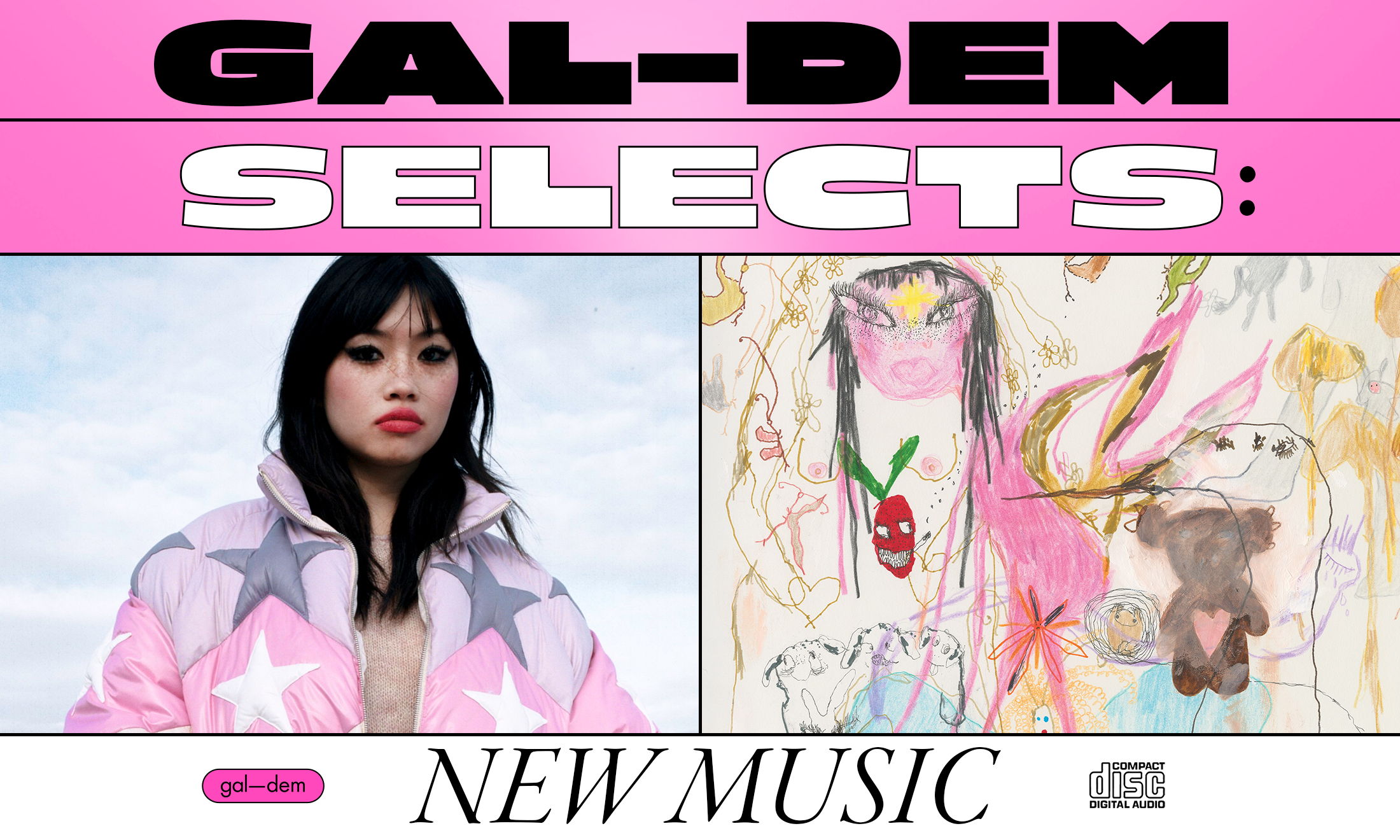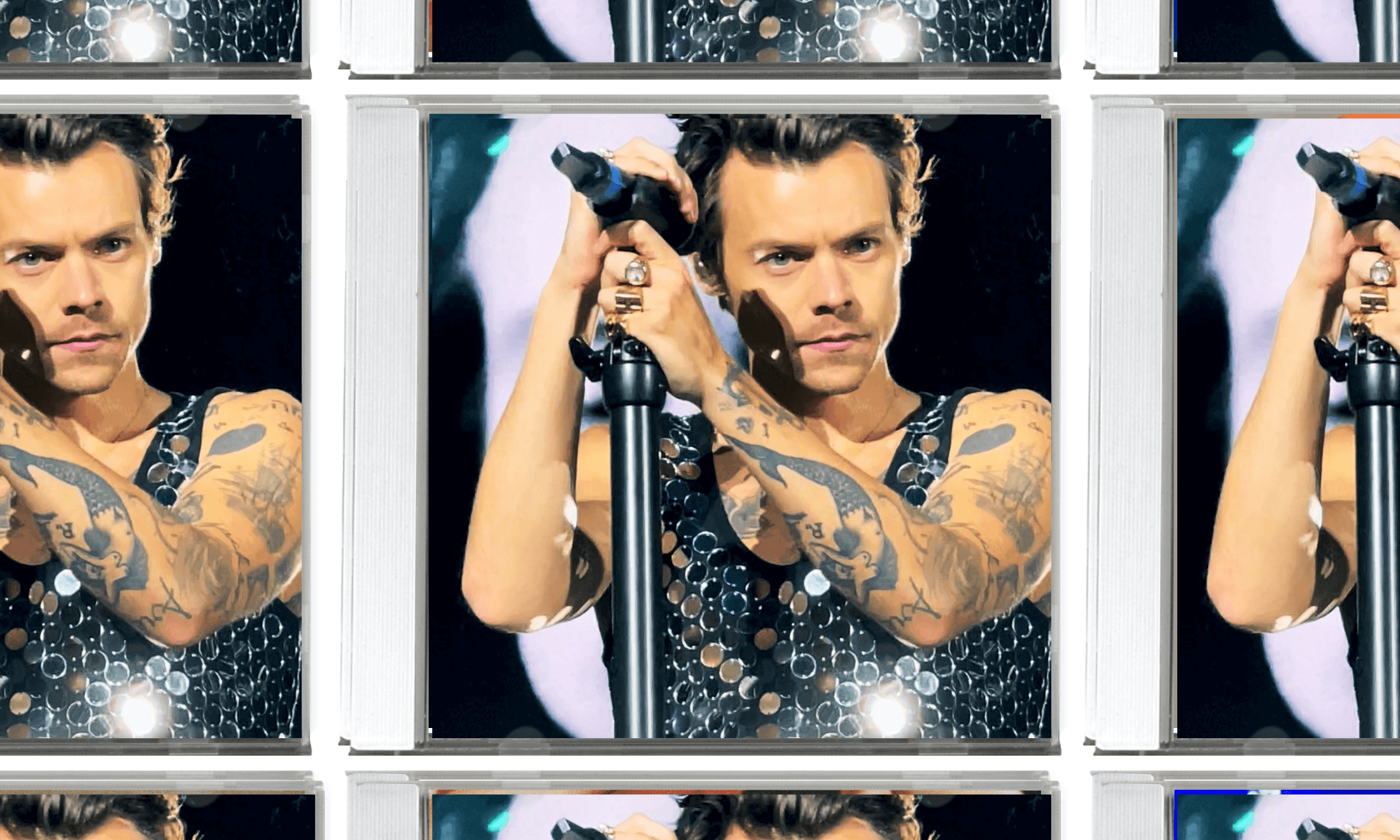
Harald Krichel via Wikimedia Commons
Is Ed Sheeran platforming POC artists, or is he piggybacking off them?
Sorry, but Ed Sheeran singing about whinin’ and bracin’ feels off to us.
Charis McGowan
28 Mar 2023
To anyone who may need a break from hearing Ed Sheeran every day for the past 13 years on the radio, in every supermarket, corner shop, or blaring from their neighbour’s window, good luck. Last year, he sang on three of the UK’s top five singles of 2022. In May, he’s gearing up his fifth album, ‘-‘ (SUBTRACT), which’ll see Ed in his acoustic comfort zone. But we’re interested his recent string of collaborative work, which has earned him some of his highest charting hits. Since his acoustic 2011 hit ‘The A-Team’, Ed has put his print over genres that range from pop, Irish folk, rap, Afrobeats, reggeaton, and now he’s adding dancehall to the list.
In April, he’ll be releasing a single and music video with Jamaican dancehall star Ishawna, a track that dropped last year. ‘Brace It’ starts with a simple guitar lick looped onto a dancehall rhythm, with Ishawna repeating “Mi good up / Boy come whine pon mi good up” – so far, so good. But then Sheeran comes in with “Girl I’ll brace on yuh good up” then “lemme whine on your body”, “I nah go, I nah go, I nah go leave you never”. His use of Patois on the track feels jarring to say the least.
Patois, a form of Creole, is spoken throughout the Caribbean and has different varieties depending on the country it’s spoken in. English-spoken creole is a mixture of English and West African languages, which can also have influences from Spanish, French, Dutch, South Asian languages, Mandarin and Arabic, depending on each country’s colonial history. It’s a vibrant, energetic and lyrical way of speaking that was once commonly (and still sometimes is) undermined as “broken English” and continues to be the subject of linguistic discrimination to this day.
As someone from the Caribbean diaspora, who has seen family pressured to mute their way of speaking to adhere to a more “socially acceptable” English in the UK, Ed’s venturing into Patois is a mimicky, uncomfortable experience. It’s someone stripping the complexities of heritage and culture to superficially engage with a genre for three minutes and then switching it off once it’s served its purpose.
“Ed’s venturing into Patois is a mimicky, uncomfortable experience”
It feels like Ed never really thought about the language’s cultural connotations and history when he penned and sung the lyrics. In traversing genres, and the breezy superficial manner that he has done it, he demonstrates a brash sense of assuredness in a territory that is not his own.
But, let’s look at the flip side to this argument. Sheeran and Ishawna’s friendship goes back to 2017. Ishawna, an independent artist at the time, released ‘Equal Rights’ a DIY-cover of Ed’s ‘Shape of You’, transforming the song into a raunchy ode to receiving oral sex with lyrics such as, “You have a clean mouth and your lips dem sexy / Treat me like a bottle of Pepsi”.
After the song went viral in the Caribbean, Sheeran granted Ishawna clearance to use the track, sharing he loved the dancehall version. Since then, the two kept in touch and a collaboration materialised. “It’s an absolute HONOUR to be working with you, grateful is an understatement!” she posted on Instagram. In an interview, Ed likewise gushed that he was “honoured to be a part” of the track. It sounds nice, right? Music knows no borders?
It’s not the first time he’s waded into foreign waters: last year, Sheeran teamed up with Fireboy DML on Afrobeats collab ‘Peru’. The song was already huge in Afrobeats circles before Ed got involved, singing a verse with lyrics in Yoruba, ‘Omege no be so, girl you just capture my soul.” Fireboy, aware of critics saying that the song was good enough without Sheeran, claimed he teamed up with the songwriter as it was “going to be amazing for Afrobeats.”
As a result of the remix, Fireboy became the first Nigerian act to reach no. 1 on the UK Apple Music charts and one of the UK’s top 5 listened to songs. The Face heralded it as a “victory” and praised Sheeran for the “thoughtfulness” of his verse, “he delicately merges his voice with the signature tonality of Afropop.” The BBC wrote on how “Ed Sheeran helped Fireboy DML’s hit go global.”
But there’s a problem with this framing: while much has been written about Sheeran rocketing Fireboy to global fame, nothing has been said about how Fireboy DML’s original, already-popular song, earned Sheeran his second biggest-selling single of the year. Perhaps it’s plausible that Sheeran, rather than a sincere champion of musical diversity, is actively scouring for hits by Global South artists in localised music scenes to boost his image and reap commercial gain at the same time. Moreover, his adoption of these genres sets a precedent for other major Western artists to see his success and follow suit; which is already happening (see: Selena Gomez’ jumping on Rema’s ‘Calm Down’).
This argument is more compelling when looking at the sheer range of collabs that Sheeran has done recently. Last year, he released two songs with Colombian reggaeton star J. Balvin and one with Argentine rapper Paulo Londra, singing in Spanish on both tracks. The Balvin collaborations were deemed “unnecessary” and “empty” among critics.
While reggaeton is enjoying a global commercial high, the track landed amidst a backlash against the post-‘Despacito’ whitewashing of reggaeton, a genre with Black Caribbean origins. Balvin, a white Latino, himself has been the centre of racial controversy after once ludicrously accepting an award for “Best Afro-Latino Artist”. Seeing Sheeran, one of the whitest men in music, stroll into the genre ignorant of this discussion demonstrates a disrespect.
In the space of the year, Sheeran has hopped from dancehall, reggaeton, and Afrobeats. He latches onto any genre he feels free to enter, because he, quote, “loves” the music, and positions himself as an authority to mirror and imitate BIPOC pioneers. With the frettish rate he consumes and discards different genres, it’s starting to feel like he’s just seeing what sticks as a hit.
As his 37 singles evidence, Suffolk’s inexhaustible pop star shows no signs of slowing down. It seems like there’s no genre he’s not prepared to touch, whether we like it or not.
The contribution of our members is crucial. Their support enables us to be proudly independent, challenge the whitewashed media landscape and most importantly, platform the work of marginalised communities. To continue this mission, we need to grow gal-dem to 6,000 members – and we can only do this with your support.
As a member you will enjoy exclusive access to our gal-dem Discord channel and Culture Club, live chats with our editors, skill shares, discounts, events, newsletters and more! Support our community and become a member today from as little as £4.99 a month.






